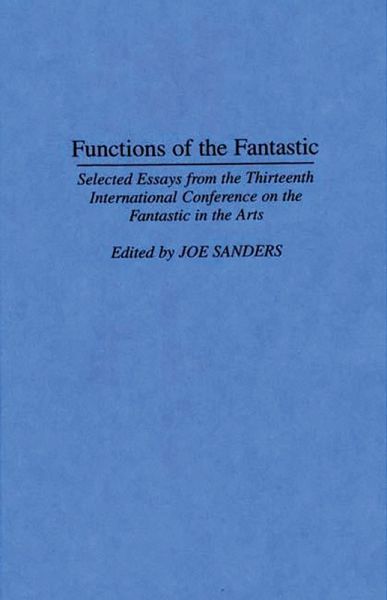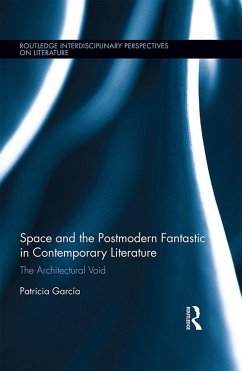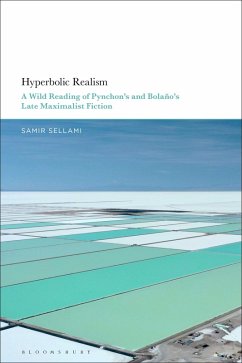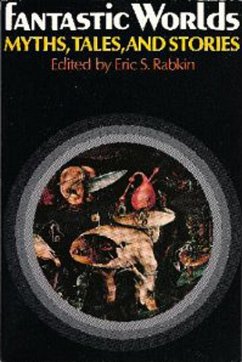
Functions of the Fantastic (eBook, PDF)
Selected Essays from the Thirteenth International Conference on the Fantastic in the Arts
Versandkostenfrei!
Sofort per Download lieferbar
58,95 €
inkl. MwSt.
Weitere Ausgaben:

PAYBACK Punkte
29 °P sammeln!
This collection of 23 essays represents the best papers from the Thirteenth International Conference on the Fantastic in the Arts. Scholars representing diverse perspectives on the fantastic address a variety of works-including those by Jane Austen, J.R.R. Tolkien, Stephen Donaldson, Ursula Le Guin, Jean Baudrillard, Anatole France, William Blake, and Angela Carter. Subjects addressed range from children's tales and classic literature to paper sculptures and popular television series. Containing provocative applications of scholarly observation to practical life, this volume will be of interes...
This collection of 23 essays represents the best papers from the Thirteenth International Conference on the Fantastic in the Arts. Scholars representing diverse perspectives on the fantastic address a variety of works-including those by Jane Austen, J.R.R. Tolkien, Stephen Donaldson, Ursula Le Guin, Jean Baudrillard, Anatole France, William Blake, and Angela Carter. Subjects addressed range from children's tales and classic literature to paper sculptures and popular television series. Containing provocative applications of scholarly observation to practical life, this volume will be of interest to scholars of science fiction, fantasy, horror, and popular culture, and to others who want to know which topics are currently in vogue in the field.













